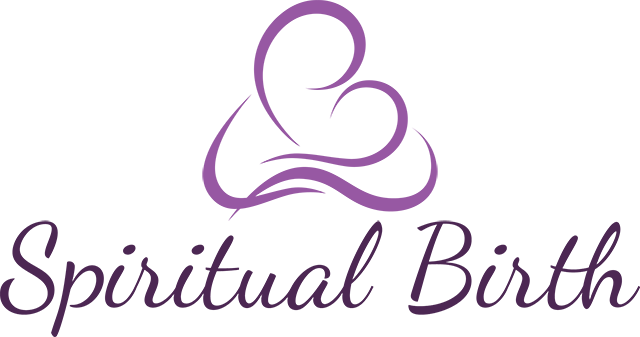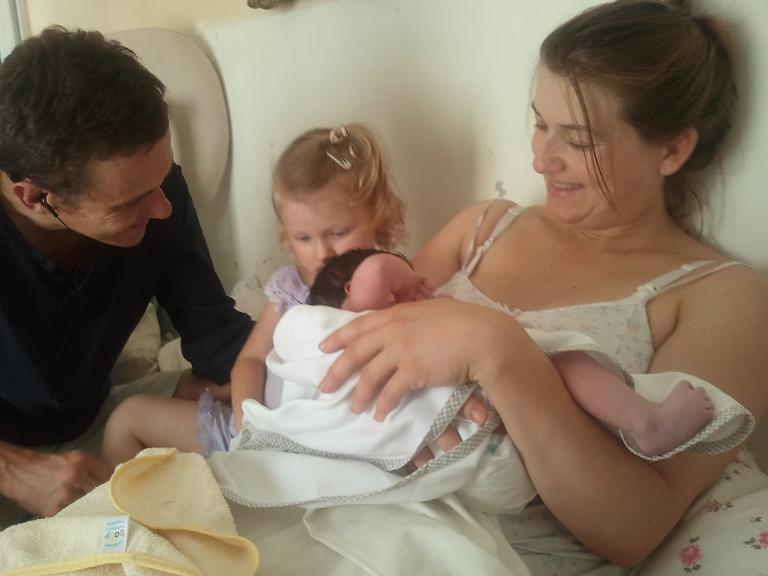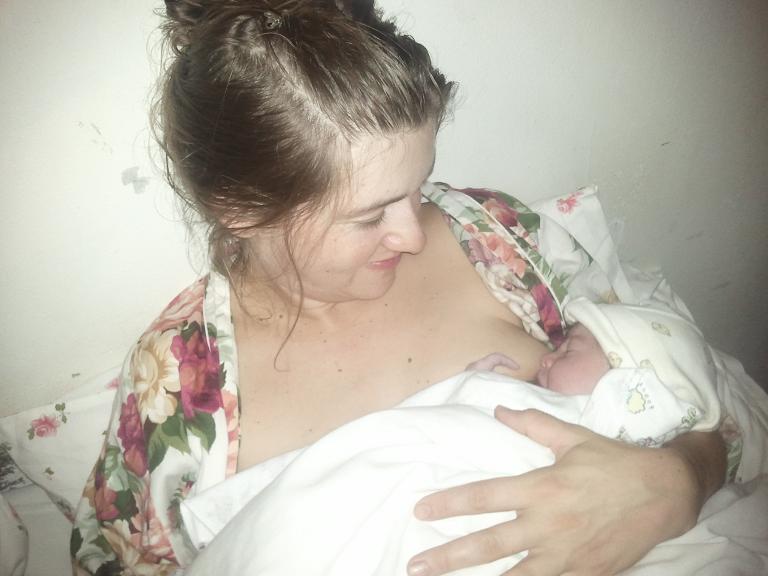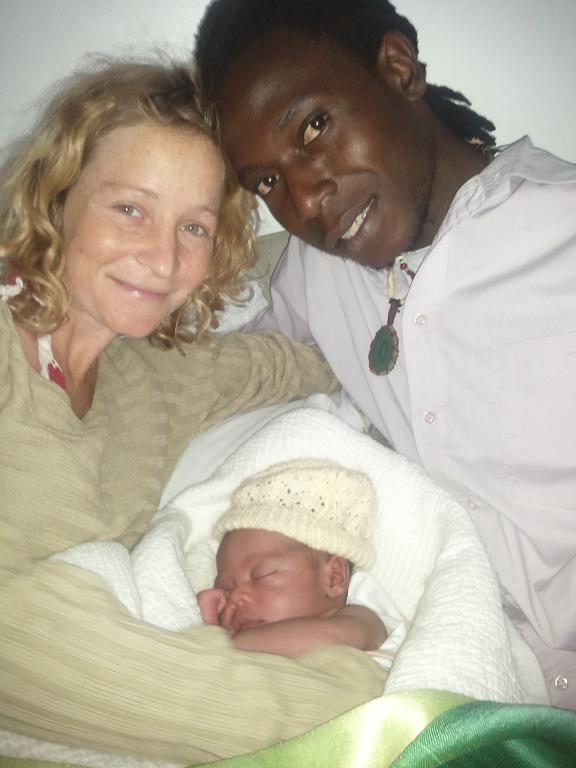the major task of perineal tissue is to stretch during childbirth and allow the baby’s head to slip through the soft tissues without harm to the mother or baby. The perineal cells are designed to stretch more than any other cell in the body and once the task is complete, to resume their previous shape. The perineal tissue is also the most regenerative tissue in the body
Category: Pregnancy and Birth Information
Useful information to help guide you through your pregnancy and about how to achieve a spiritual birth experience and how to avoid unnecessary medical interference and/or intervention during the birth process.
Pregnant? Prepare for Labour and Birth
When a woman understands the mechanics, process and phases of labour she is able come to the labour with less fear and realise that labour has a beginning and an end. Information about the different stages of labour, and how the body may feel as the labour becomes more intense helps the mother stay calm. A loving relationship with the father of the baby and tender exchanges of love and touch during the labour facilitate trust and the optimal release of ‘oxytocin’, the “love” hormone.
Positions for Labour and Birth
Historically, pictures and artifacts from ancient civilizations depict women giving birth on birth stools, or squatting and kneeling to give birth. Engelman, a 19th century obstetrician, documented upright birth positions used by women all over the world from various peoples and tribal groups. Museum artefacts of women giving birth show only women in upright postures.
Pregnancy: Compiling your Birthplan
Thinking about these kinds of details for a birth plan beforehand is hard, because with our first baby we do not yet know what to expect. We read pregnancy magazines with frontal spreads of glamorous model moms full of glowing advice and beautiful outcomes(that gorgeous woman in skin-tight tops with a spotless baby smiling at the camera).
The Evolution of Divine Birth
We need to rediscover, during pregnancy and birth, the silence of awe and the reverence of divinity as we evolve towards greater degrees of enlightment in our understanding of our capacity to create human beings imbued with divine love and compassion.
The Origins of Infant Mental Health
Lack of nourishment may retard fetal growth, it may also lead to an increase in the production of cortisol, a hormone produced in response to stress, which in prolonged concentrations may affect brain cell differentiation (3). Effects in the first three months of pregnancy may be harmful to the development of the brain, including memory centres and areas of emotional responsiveness, such as the hippocampus
Why Natural Birth?
I see clients, on a weekly basis, imploring me to help them have a natural birth after one, two and sometimes even three caesarian births. They speak about the nagging sense of loss, the feelings of failure, the terrible pain afterwards, the struggle to hold and feed their babies, the depression that lasts for months. I have women who come to me in Cape Town from as far afield as Limpopo and Namibia, because they have heard that there is a midwife and a doctor in Cape Town who will help them give natural birth. When I ask them why they want natural birth so badly, they tell me various themes.



